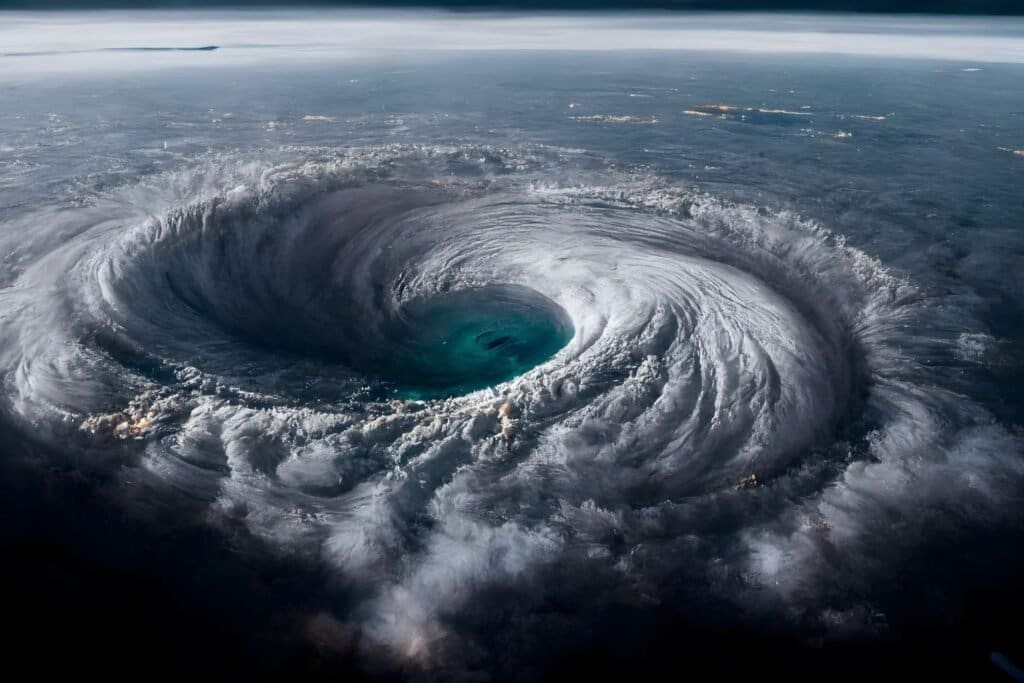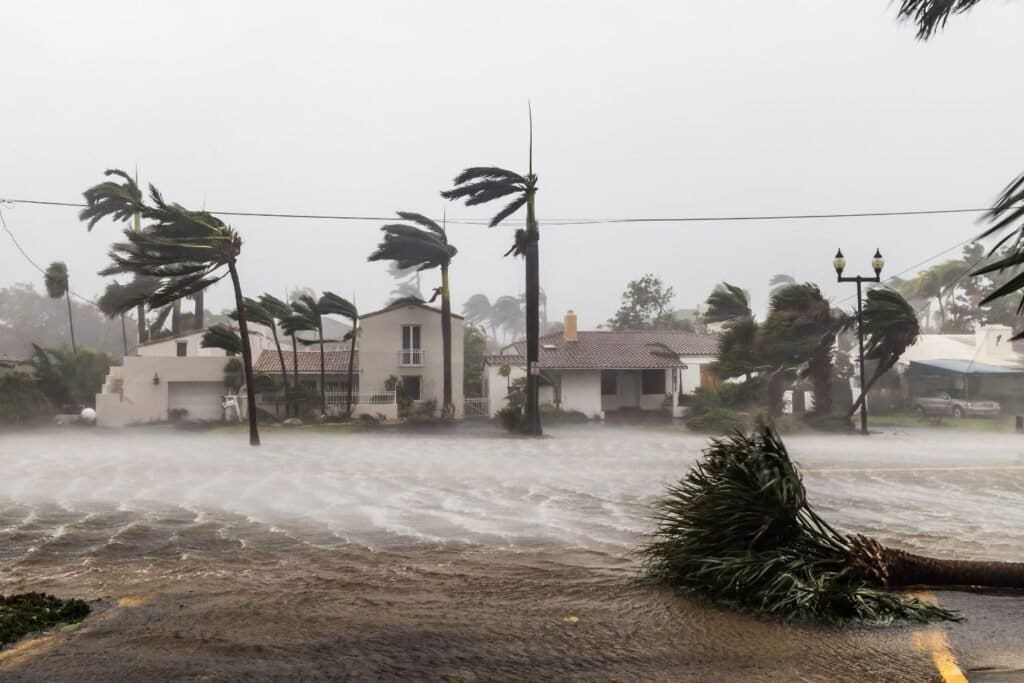Traveling to Florida and Navigating Hurricane Season
Florida is a year-round destination with stunning beaches, world-renowned theme parks, and vibrant cities. However, travelers should be mindful of Florida’s hurricane season, which runs from June 1st to November 30th, with the peak occurring between August and October. Hurricanes are powerful storms that can disrupt travel plans and potentially put people at risk, so it’s important to be informed and prepared.

Hurricane Season in Florida: What You Need to Know
Hurricanes are large tropical storms that bring high winds, heavy rains, and storm surges. They are categorized from 1 to 5 based on wind speed and the damage they can cause, with Category 5 being the most severe. While hurricanes can vary in intensity, even a mild storm can cause significant disruptions, especially for travelers unfamiliar with these weather events.
- Typical Hurricane Season: June to November
- Peak Activity: August to October
- Categories of Hurricanes: 1 to 5 based on the Saffir-Simpson scale
Dos and Don’ts for Travelers During Hurricane Season
DO:
- Check the Weather Regularly: Keep an eye on weather updates from trusted sources like the National Hurricane Center or local news channels. Sign up for alerts via apps or texts.
- Purchase Travel Insurance: Ensure your travel insurance covers weather-related cancellations or disruptions. Many airlines and hotels offer flexible change policies during hurricane season.
- Have an Emergency Plan: Know where the nearest hurricane shelters are, especially if staying in a coastal area. Make sure you have access to transportation if evacuation is advised.
- Stock Up on Essentials: If a storm is forecast, buy water, non-perishable food, flashlights, and batteries in advance. In some areas, supplies can run out quickly when a hurricane is imminent.
- Follow Local Advisories: If local authorities advise evacuation, follow their instructions. Pay attention to road closures and avoid coastal areas prone to flooding.
- Know the Cancellation Policies: Before booking, understand the cancellation policies of airlines, hotels, and activities during hurricane season.
DON’T:
- Don’t Ignore Warnings: Hurricanes can be unpredictable. If officials issue warnings or evacuation orders, take them seriously.
- Don’t Plan Outdoor Activities During a Storm Warning: Beaches, parks, and theme parks may close if there’s an impending hurricane. Avoid planning any outdoor activities during this time.
- Don’t Wait Until the Last Minute: If evacuation is advised, don’t wait. Leaving early ensures you can avoid congested roads and lack of transportation.
- Don’t Stay Near Coastal Areas: Avoid booking accommodations too close to the beach during hurricane season. Inland locations are often safer from storm surges and severe flooding.

Preparing for a Hurricane: Practical Tips
- Traveling by Air:
- Flights may be delayed or canceled during hurricanes. Keep in touch with your airline for updates and be prepared for airport closures.
- If flying out after a storm, be aware that airports may be crowded, and rebooking flights could be challenging.
- Accommodations:
- If a storm is forecast, check with your hotel or rental property about their preparedness plans.
- Ensure the property is not in a flood-prone area and inquire about their emergency procedures.
- Rental Cars:
- If you’re driving, be cautious about road conditions post-hurricane, as flooding and debris can make travel dangerous. Return your rental car early if necessary to avoid damage.
- Theme Parks and Attractions:
- Major theme parks like Disney World and Universal Studios have detailed hurricane policies, including temporary closures. They may offer refunds or tickets for later use if a storm disrupts your visit.
What to Do if a Hurricane Hits During Your Trip
- Stay Indoors: Once a hurricane warning is issued, the safest place to be is indoors. Secure your windows, doors, and any outdoor furniture.
- Stay Informed: Monitor local news and updates from official channels to stay up-to-date on the hurricane’s path and the local response.
- Stay Calm: If you’re in a safe place and have prepared, remain calm. Florida’s infrastructure is designed to handle hurricanes, and emergency services are experienced in dealing with them.
How Florida Handles Hurricanes: Safety Infrastructure
Florida has decades of experience dealing with hurricanes, so the state has well-established safety protocols and infrastructure. Airports, hotels, and public transport systems all have emergency procedures in place. Local government often sets up evacuation shelters and provides assistance for tourists who may need help.
Final Tips for Traveling to Florida During Hurricane Season
While hurricane season might sound intimidating, with proper planning, you can still enjoy a wonderful trip to Florida. Stay flexible, keep an eye on weather updates, and prioritize safety. With these tips in mind, you’ll be ready to navigate any storms that come your way.
- Best Months to Travel: Consider visiting outside of peak hurricane season, such as in May or early June, or late November into December.
- Alternate Plans: Have a few indoor activities or backup travel destinations in mind in case outdoor plans are canceled due to weather.








